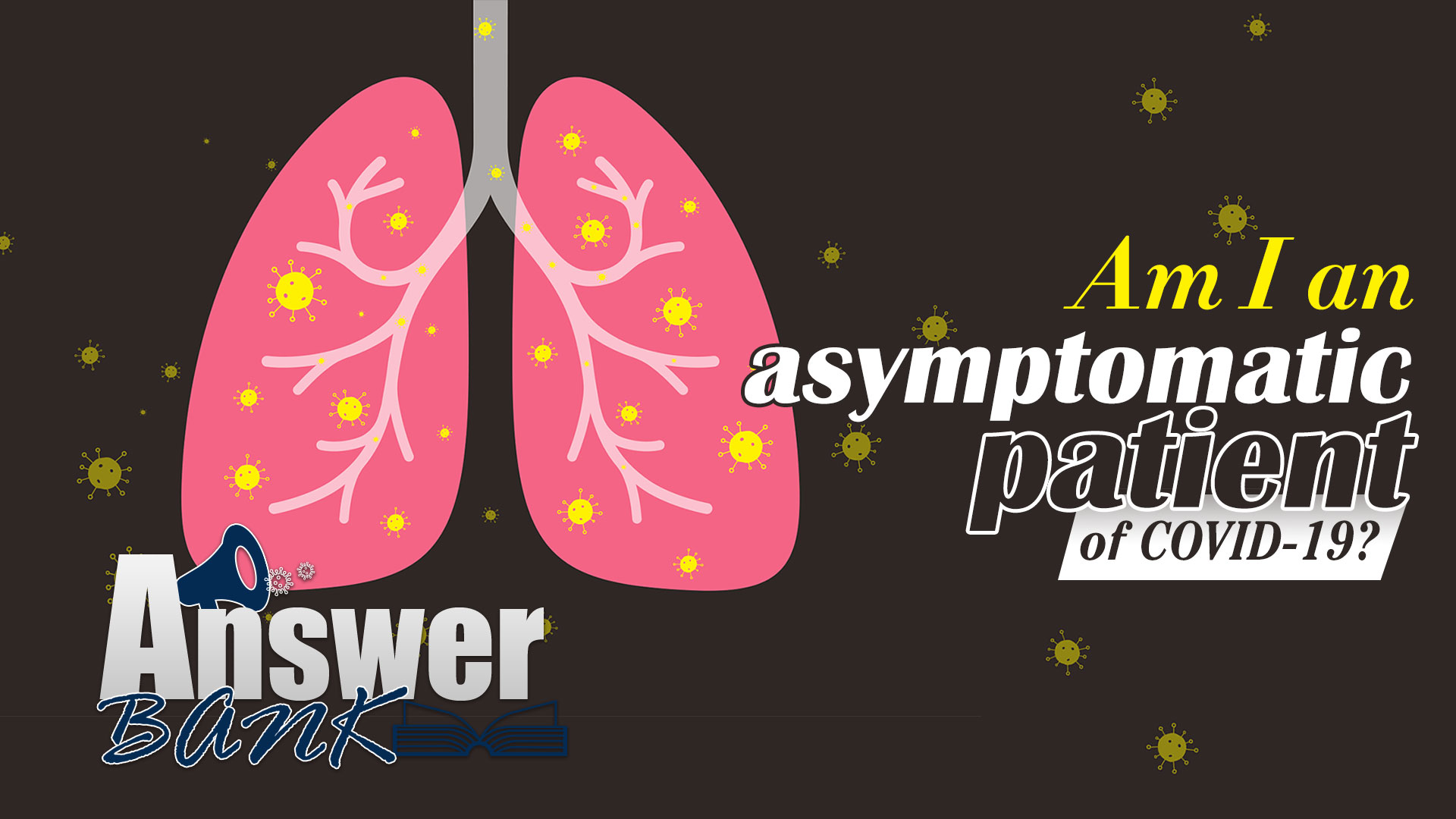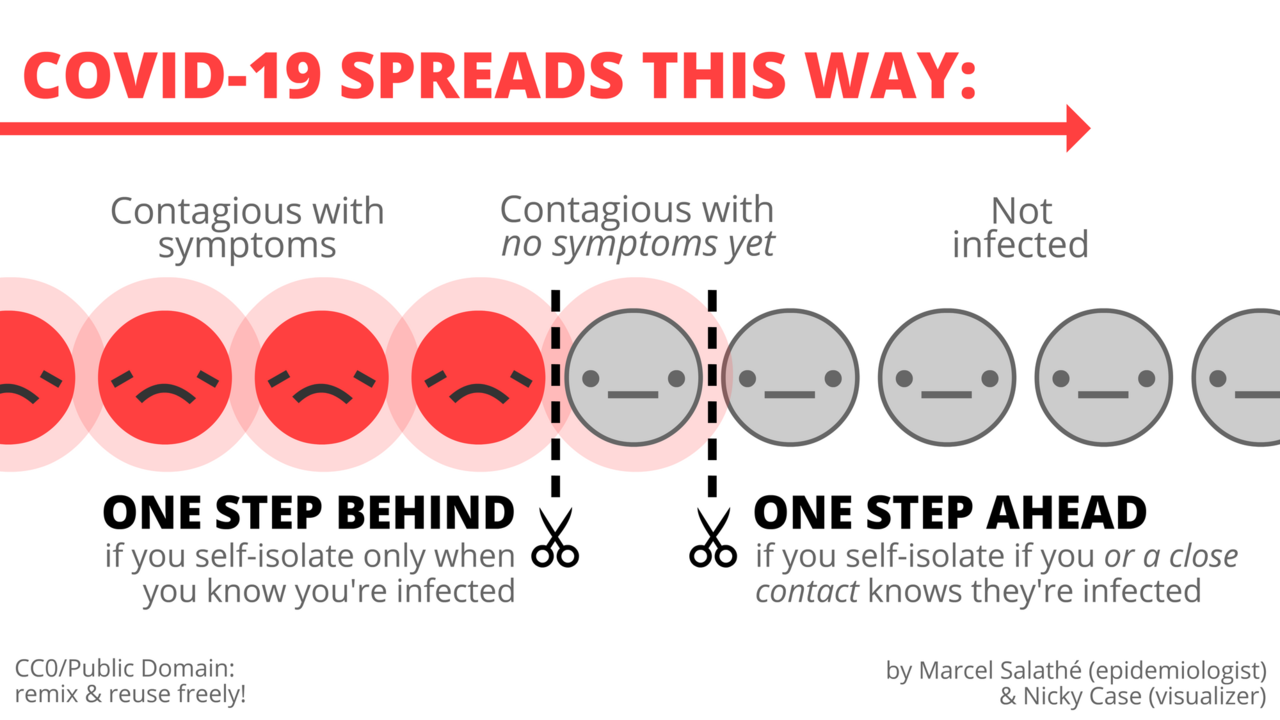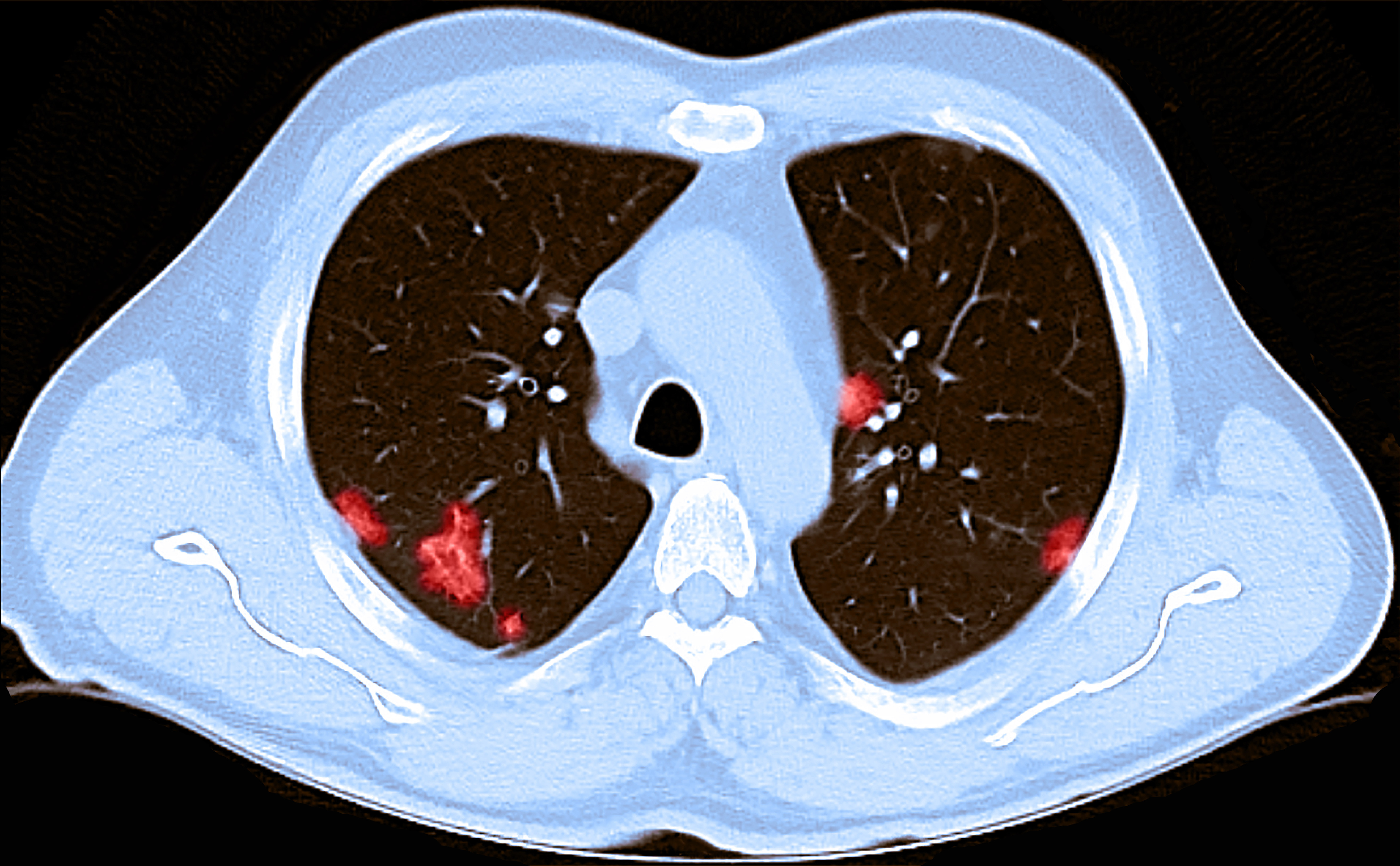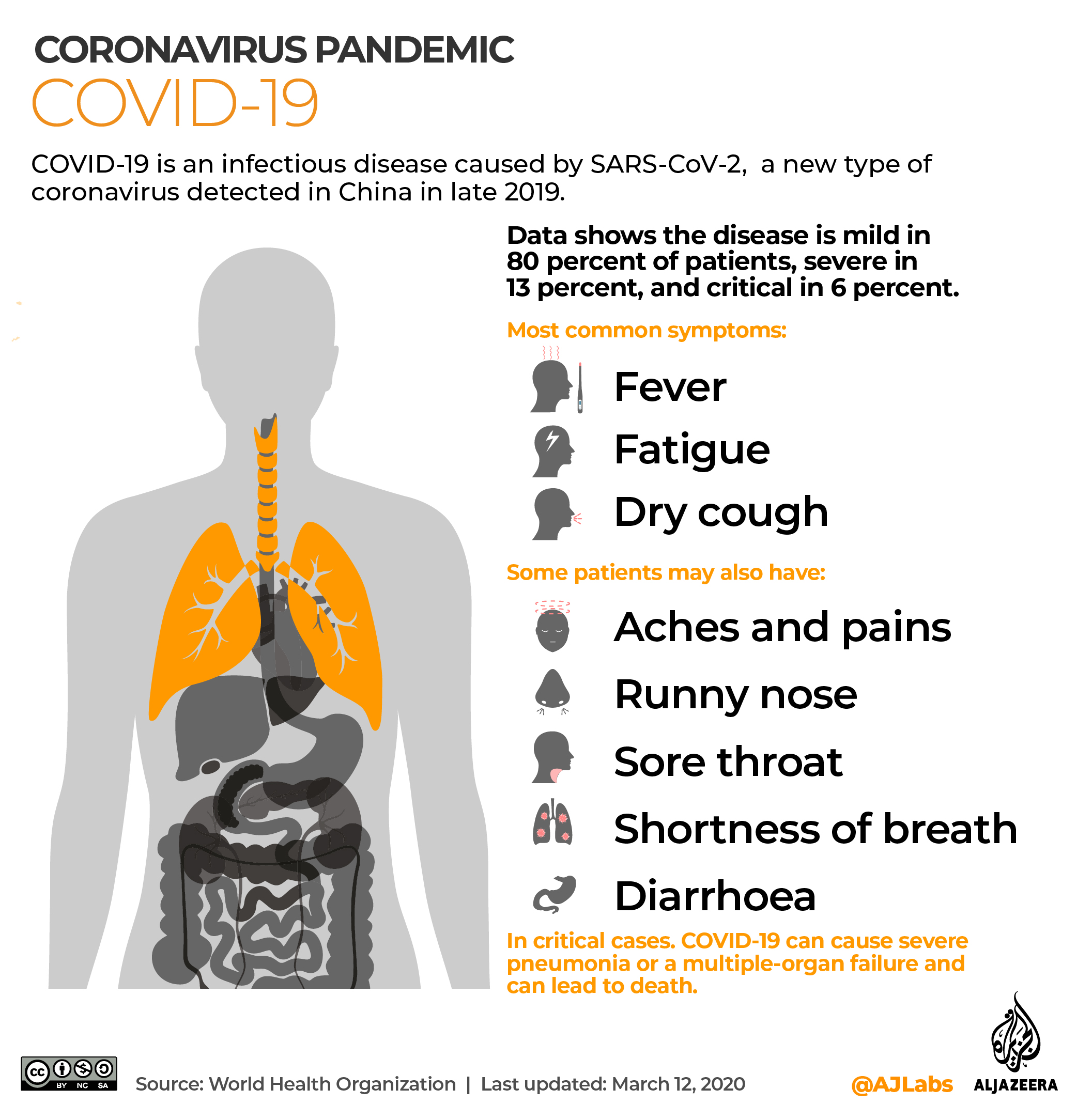How Long Can An Asymptomatic Covid 19 Person Be Infectious
A person is considered fully vaccinated two weeks after receiving the second dose of Pfizers or Modernas vaccine or one dose of Johnson Johnsons. Anyone who has been infected with the virus that causes COVID-19 regardless of age can be contagious and spread the infection to others starting 48 hours or 2 days before the person.

Answer Bank Am I An Asymptomatic Covid 19 Patient Cgtn
We answer some commonly asked questions about the spread of coronavirus by people who do not develop symptoms.

How long can an asymptomatic covid 19 person be infectious. The transmission rates to contacts within a specific group secondary attack rate may be 3-25 times lower for people who are asymptomatic than for those with symptoms1 12 14 15 A city-wide prevalence study of almost 10 million people in Wuhan found no evidence of asymptomatic transmission16 Coughing which is a prominent symptom of covid-19 may result in far more viral particles being shed than talking and breathing so people with symptomatic infections. The study did not look at adults but older people have fared worse when they get COVID-19. The issue with putting a reliable figure on the rate of asymptomatic COVID-19 is distinguishing between people who are asymptomatic and pre-symptomatic says Krutika Kuppalli an infectious.
The Conversation Why are some people infectious for longer. Five things to know. These results suggest that shedding may occur for longer than 2 weeks.
A Person Can Carry And Transmit COVID-19 Without Showing Symptoms Scientists Confirm. Asymptomatic cases were less common but still occurred 25 of the time in children ages 0 to 5 and teens who were 14 to 20 years old. A 20-year-old woman from Wuhan passed it to five of her family members but never got physically sick herself.
Thats especially important in terms of coronavirus because as the CDC states symptoms can show up in patients with COVID-19 two to 14 days after exposure. At 152 days the odds of continuing to shed the virus were less than 5. Theres no evidence that any of the current Covid-19 vaccines can completely stop people from being infected and this has implications for our prospects of achieving herd immunity.
Studies of patients with COVID-19 indicate that viable virus can be detected in swabs up to six days before to the onset of symptoms. How much they contribute to the spread of infection will influence control strategies for COVID-19. If you test positive and youre completely asymptomatic at least theoretically somewhere around 14 days or so you probably arent shedding virus that would be able to infect somebody else.
The research published in the Lancet journal also suggests asymptomatic individuals may clear the virus faster from their body and might be infectious for a shorter amount of time. The latest research led by Shen Hongbing an academician of the Chinese Academy of Engineering deputy secretary of the Party Committee and principal of Nanjing Medical University pointed out that the infection period of asymptomatic infection of the new crown virus is as long as 29 days. And when patients show no sickness or signs of COVID-19 the potential for spread is exponentially higher because it is almost undetectable.
Commonly reported symptoms for Covid-19 such as fever cough and fatigue usually last around 9 to 10 days but this can be longer. Chinese researchers have confirmed a case of asymptomatic transmission of the new coronavirus. People with COVID-19 are most likely to be highly infectious in the first five days after they develop symptoms a new study confirms highlighting the need for abrupt isolation.
What is the role of pre-symptomatic carriers. Research also suggests that COVID-19 patients continue to shed the virus for days after their symptoms clear this could explain why some people test positive for the virus even after theyre considered recovered. One model found the median incubation period for COVID-19 was five days and that 98 of people who develop symptoms after an exposure do so in around 11 days.
But for those who have never shown any symptoms and still tested positive its unclear how long COVID-19 is infectious. If you test positive and youre completely asymptomatic at least theoretically somewhere around 14 days or so you probably arent shedding virus that would be able to infect somebody else. ARIA BENDIX BUSINESS INSIDER.
The Duke study of children with COVID-19 found that asymptomatic cases were highest among kids ages 6 to 13.

Delivery Of Infection From Asymptomatic Carriers Of Covid 19 In A Familial Cluster International Journal Of Infectious Diseases

What We Need To Understand About Asymptomatic Carriers If We Re Going To Beat Coronavirus

Study Asymptomatic Cases Of Covid 19 Might Have Temporary Lung Damage Goats And Soda Npr

Transmission And Clinical Characteristics Of Asymptomatic Patients With Sars Cov 2 Infection Future Virology

Who Clarifies Comments On Asymptomatic Spread Of Covid 19

What Does An Asymptomatic Covid 19 Infection Look Like Youtube

What Does Asymptomatic Covid 19 Look Like Under The Surface Medpage Today

Top 3 Covid 19 Coronavirus Myths Busted Iqair

Asymptomatic Covid 19 Five Things To Know Coronavirus Pandemic News Al Jazeera
/cdn.vox-cdn.com/uploads/chorus_asset/file/19918021/coronavirus_chart.jpg)
Coronavirus Symptoms How Asymptomatic People Are Spreading The Virus Vox
Posting Komentar untuk "How Long Can An Asymptomatic Covid 19 Person Be Infectious"